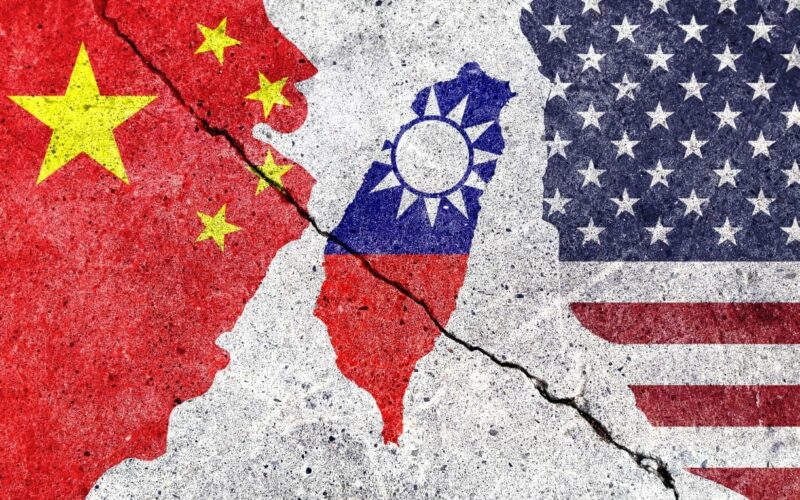A group of U.S. House lawmakers is in Taiwan this week, meeting with its newly elected officials despite strong warnings from China. Beijing has ramped up its military drills around the island, expressing displeasure with the U.S. presence in the region.
The delegation is led by House Foreign Affairs Committee Chairman Michael McCaul, R-Texas. This diplomatic trip, which spans several days, comes just a week after President Lai Ching-te and his deputies took office in Taiwan. In his inaugural address, President Lai emphasized Taiwan’s independence from Beijing’s ruling Chinese Communist Party (CCP).
“Leading this historic and bipartisan CODEL to Taiwan — the first U.S. congressional delegation to meet with the newly elected Taiwan officials — sends a signal to the Chinese Communist Party that the United States stands with the people of Taiwan and will work to maintain the status quo across the Taiwan Strait,” McCaul told. “I look forward to meeting senior Taiwan leaders and members of civil society to continue strengthening our bilateral relationship on all fronts.”
The bipartisan group includes Rep. Young Kim, R-Calif., chair of the Indo-Pacific subcommittee, as well as Reps. Andy Barr, R-Ky., Jimmy Panetta, D-Calif., Chrissy Houlahan, D-Pa., and Joe Wilson, R-S.C.
Meanwhile, China’s military has been conducting extensive drills around Taiwan. Beijing’s Defense Ministry described these exercises as involving “sea assaults, land strikes, air defense, and anti-submarine operations” in the airspace and waters to the north and south of Taiwan. These drills, which include “joint seizure of comprehensive battlefield control, and joint precision strikes on key targets,” are intended as a strong response to what Beijing terms the “separatist acts of ‘Taiwan independence’ forces” and a warning against external interference.
The Taiwanese Defense Ministry reported tracking 49 Chinese military aircraft and 19 naval ships around the island on Friday.
In his inaugural speech, President Lai stated his intention to “neither yield nor provoke” Beijing, while firmly opposing China.
The Chinese government has rebuked the new Taiwanese leader, and a top CCP official directly warned U.S. lawmakers against meeting with him or other Taiwanese officials. “Any visit by congressional members to Taiwan will seriously violate the one-China principle, interfere in China’s internal affairs, undermine China’s sovereignty and territorial integrity, and send a seriously wrong signal to ‘Taiwan independence’ separatist forces,” Chinese Foreign Ministry spokesman Wang Wenbin said last week.
Wenbin urged the U.S. to cease official diplomatic communications with Taiwan, warning that “all consequences arising therefrom must be borne by the U.S.”








